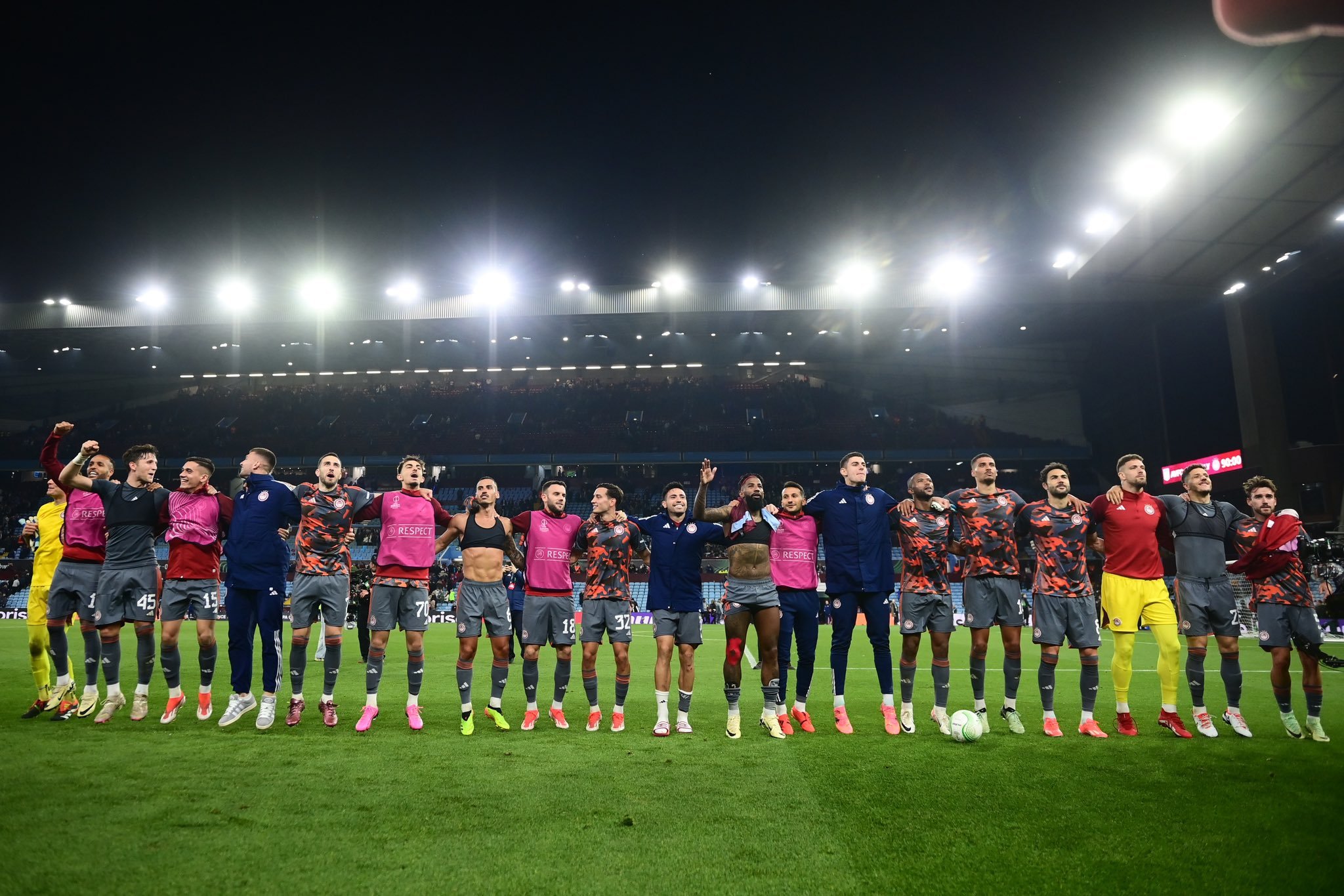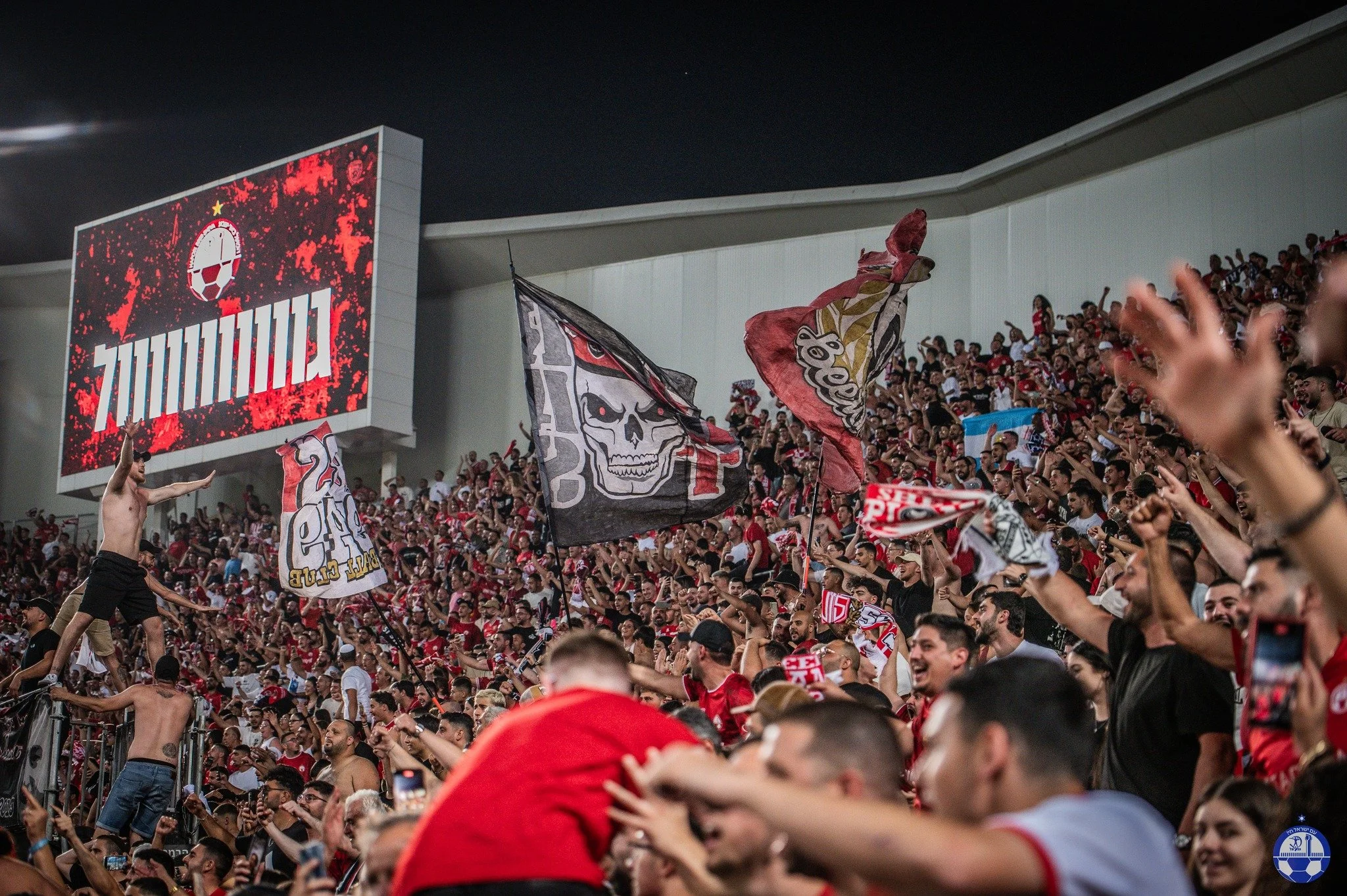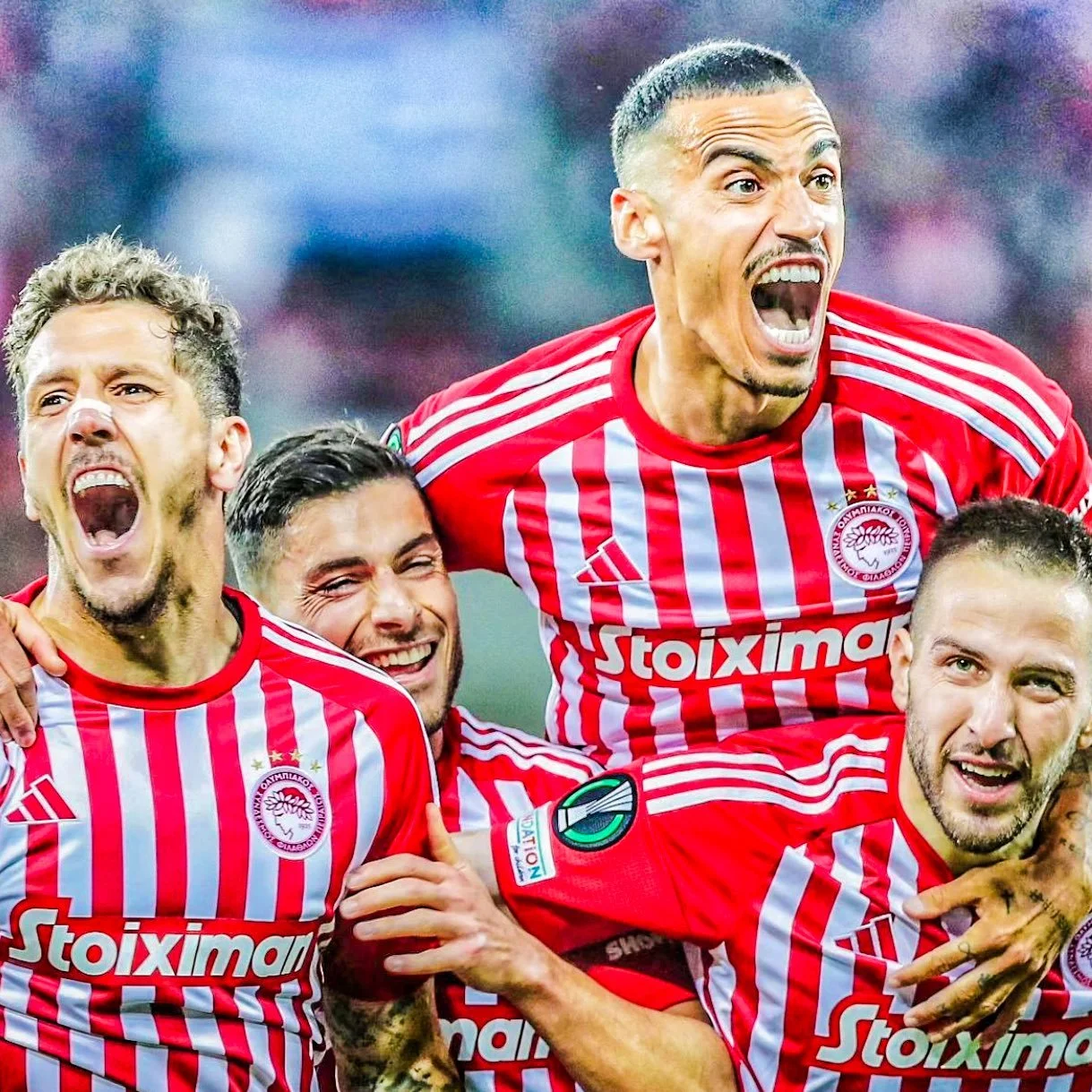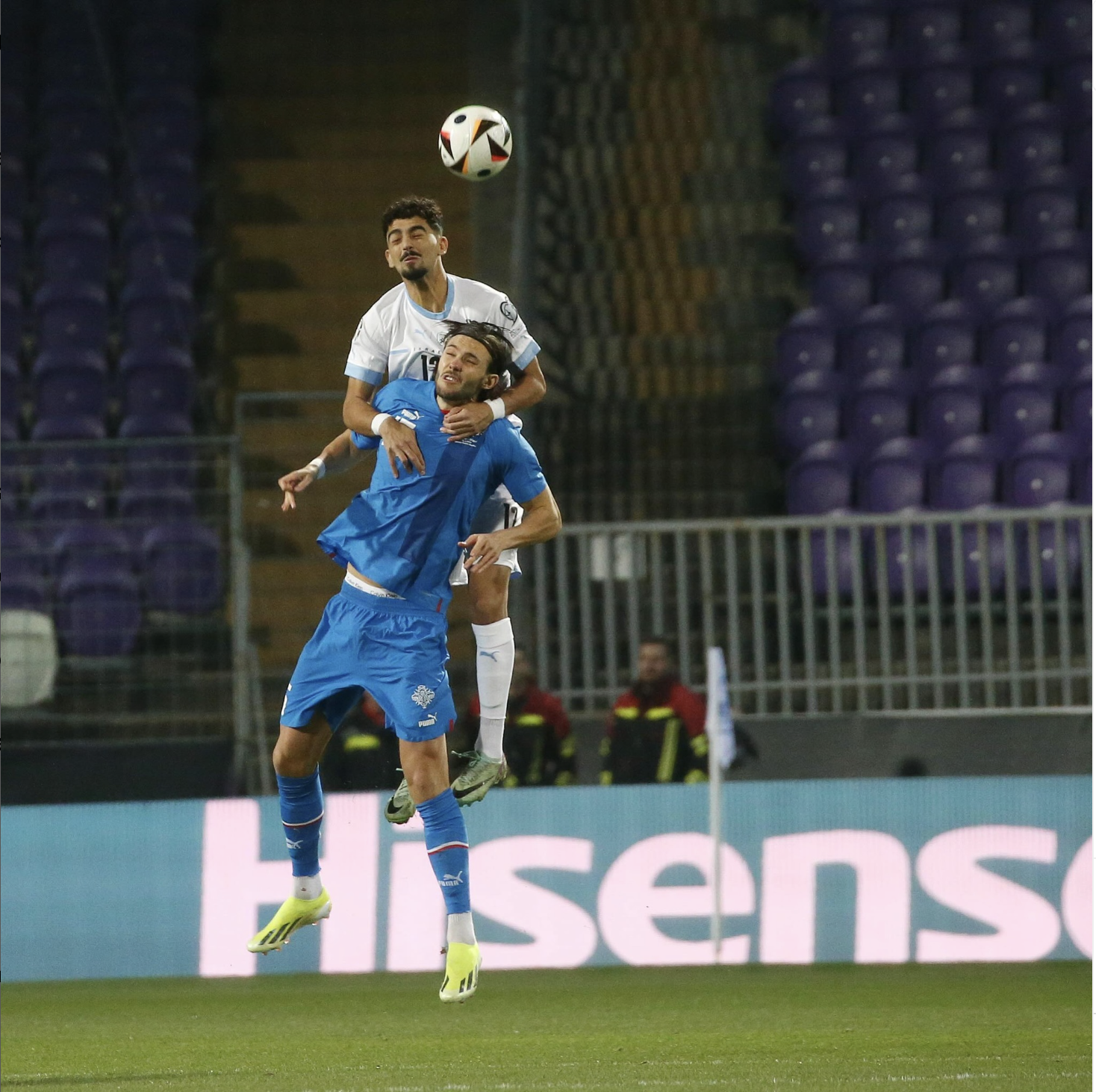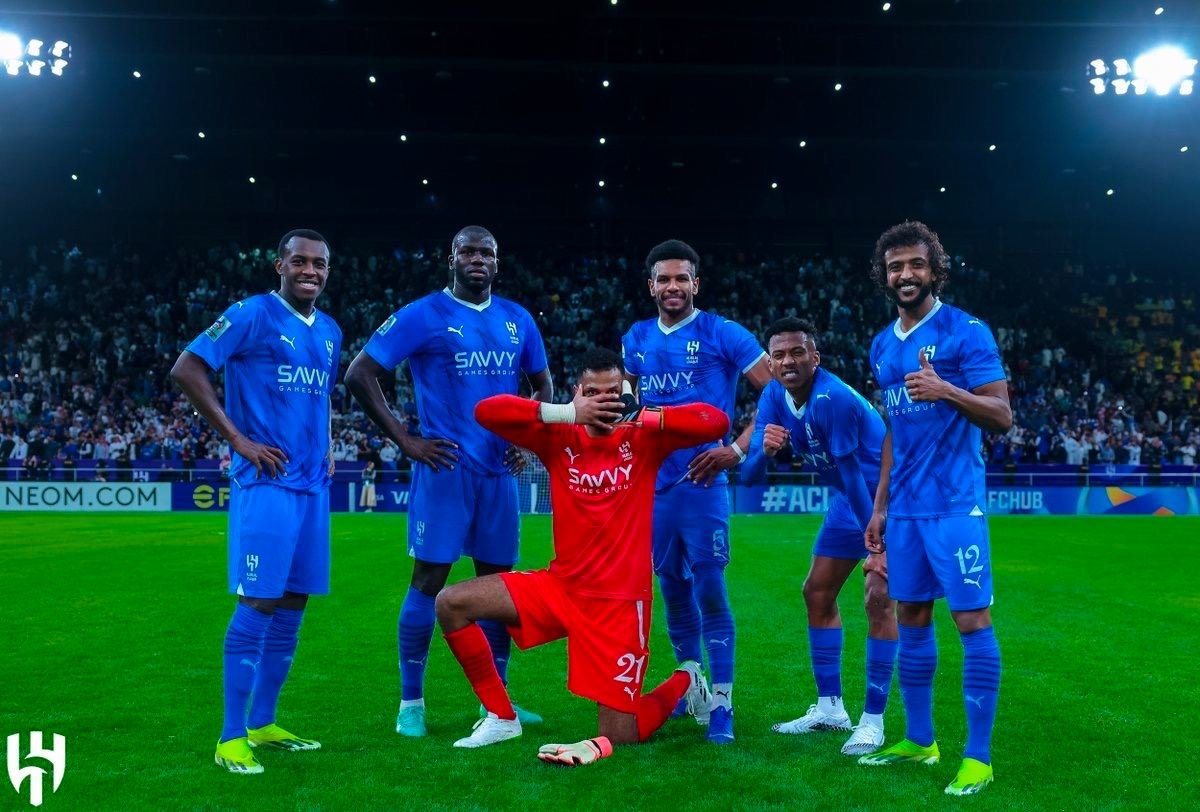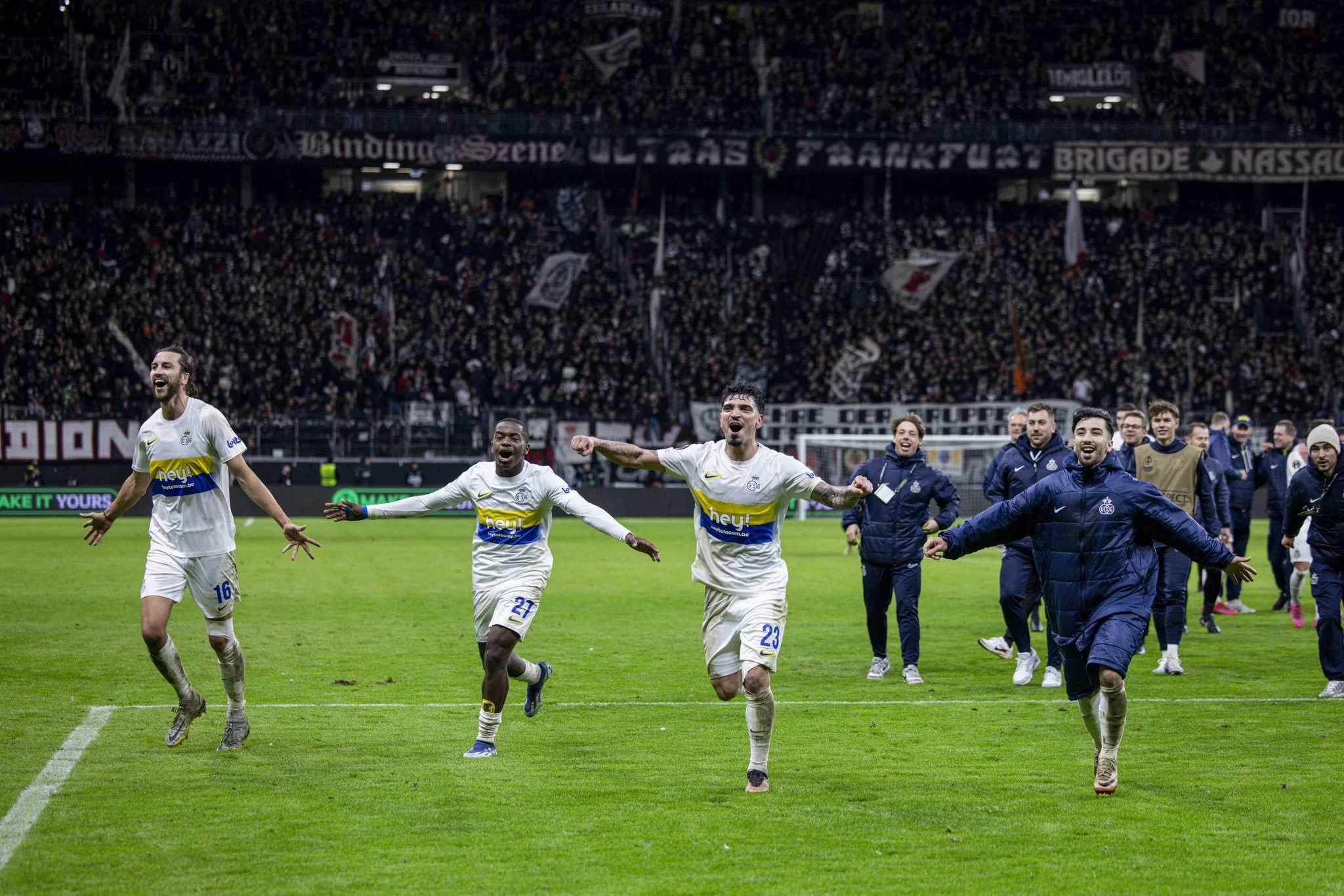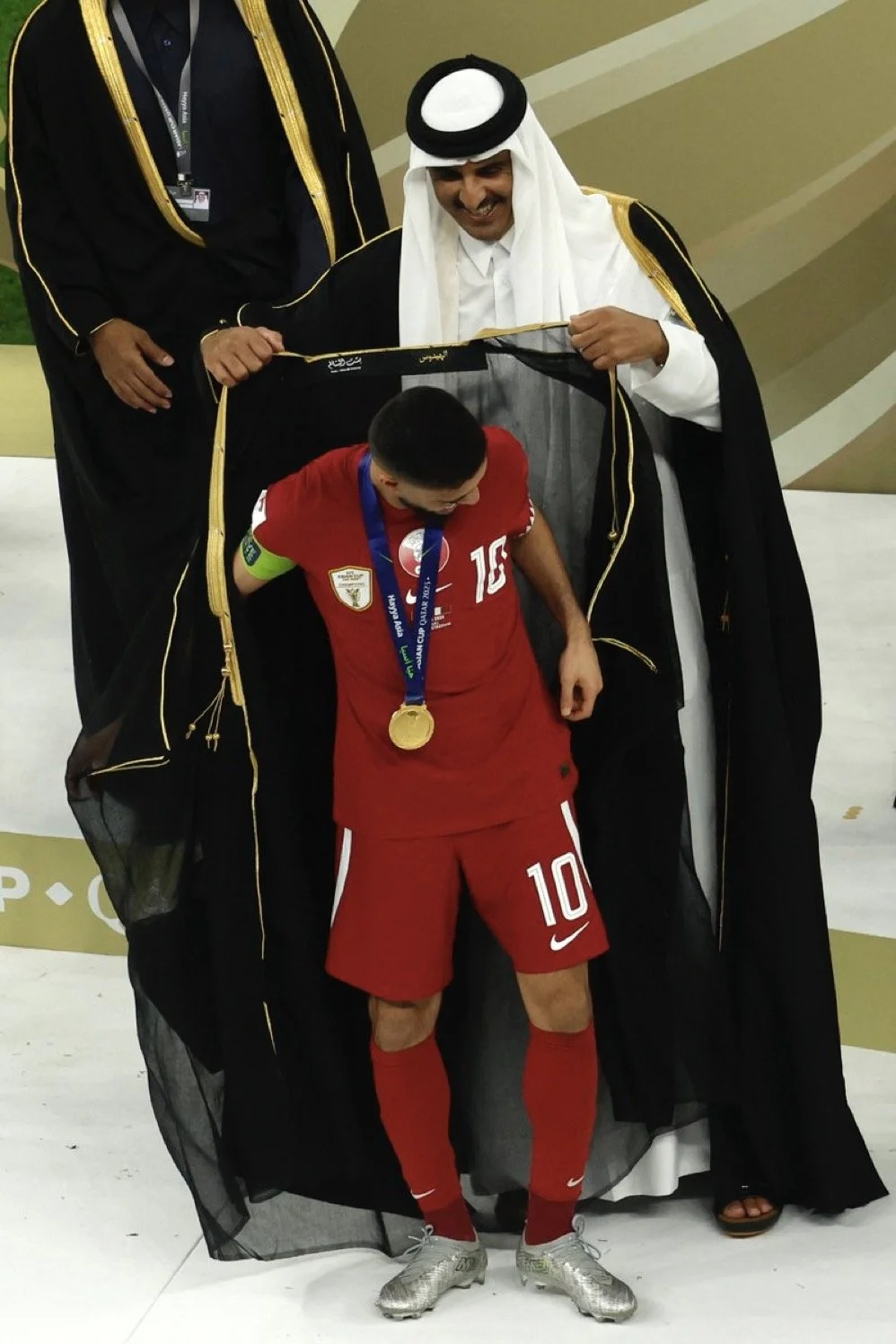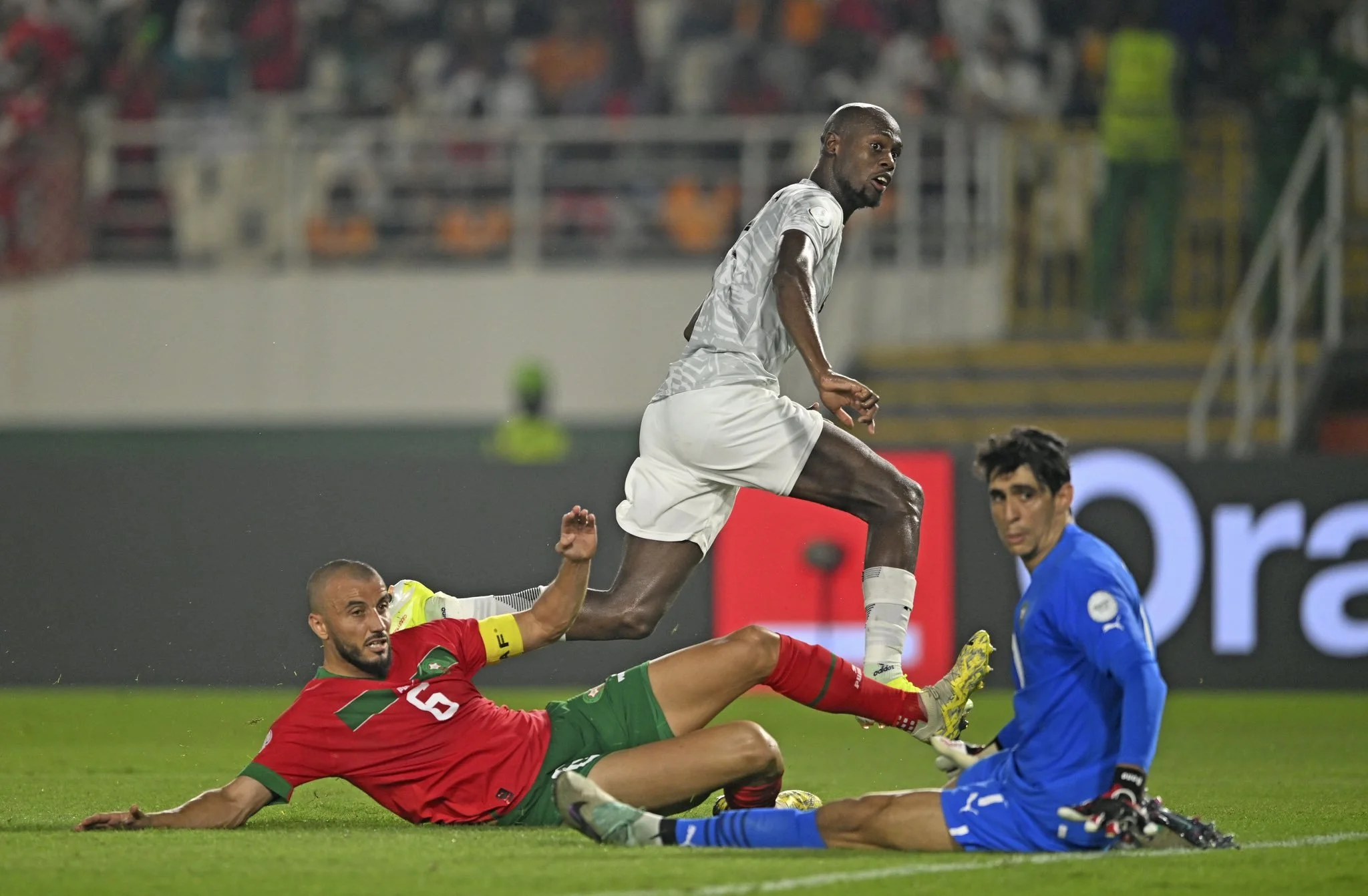When the Mexican top-flight side Pachuca released videos of Christmas messages from players to their fans, most said things you might suspect.
“Merry Christmas, enjoy time with your family,” for example.
But one shared a slightly different message, and gave what you could argue was more a philosophical video than a Christmas message.
“One must be happy with what they’ve got, not looking at what another person has. Think positive and with effort you can achieve anything!”
That positive life guru came in the form of veteran goalkeeper Oscar Ustari.
Not what you’d expect at Christmas, no doubt, but it seems that Ustari talks from his own life experience.
He started his career as a wonderkid. He was part of Argentina’s youth side that won the U20 World Cup in 2005, and given the starting spot at Independiente at a young age.
But that wasn’t a wholly positive experience.
Ustari’s teammate, Lucas Molina, who was his backup at the club, died of a heart attack in November 2004. It was a traumatic event for the club, and for Ustari too.
It took a while for the young Argentine to secure his spot in the starting eleven for his club, but when he did it was only a matter of time before his first international call-up came.
Jose Pekerman was the national team manager back then. He decided that Ustari had potential for Argentina, so he called him up as a third choice goalkeeper for the 2006 World Cup in Germany.
Ustari didn’t play in that tournament, but it was seen that he probably would get the chance in the future.
He would be called up again for the 2007 Copa America, but missed out due to injury - a theme that would come to repeat itself.
His chance finally came in a friendly against Norway later that year - a 2-1 loss.
Not long before that, he made the move to Europe, and signed for Spanish side Getafe, for what was a record fee at the time.
His time in Madrid started well, with Ustari working his way up to become first-choice keeper, and in the summer of 2008 was picked for Argentina’s side for the Olympics.
The tournament also started well, but a bad injury in training ahead of Argentina’s quarter-final, and was replaced by Sergio Romero.
They would go on to win that tournament, the gold medal, a consolation prize for Ustari.
Eight months later, he was back in action for Getafe, but the next four years were tough and littered with injuries. This was ultimately behind his departure in 2012, having played only 41 games for the club over five years.
From here, Ustari became a bit of a journeyman. Spells at Boca Juniors, Almeria, Sunderland and Newell’s Old Boys would follow.
Needless to say, he didn’t really succeed at those clubs, and it appeared to be another case of unfulfilled potential.
In 2015, he arrived in Mexico with Atlas and, for the first time in a while, it seemed that he had finally managed to stabilize himself. He was even appointed as a second-choice captain.
But that wasn’t the end of the injuries and, after two and a half years, he left Mexico and went to play with Uruguayan side Liverpool Montevideo.
Here he met Paulo Pezzolano, Liverpool’s head coach at the time, who would go on to take charge of Pachuca in 2020.
The first player he took with him was Oscar Ustari.
Back then it was considered a questionable signing, especially based on Ustari’s history, but the management team at Pachuca wanted to give Pezzolano the tools to succeed, so they sanctioned the move.
As expected, Ustari, now a veteran and very far from his days as a wonderkid, didn’t start well.
He wasn’t bad, but you could argue that he didn’t show a level expected from a player in his position.
Pezzolano left Pachuca after just a year, but Ustari stayed with Pachuca under his replacement, Guillermo Almada.
Ustari raised his game, as did the rest of the team.
For the first time in years, probably since his initial spell at Getafe, Ustari demonstrated his true ability, and the potential he once had.
Pachuca would go on to win the league last season, just before the World Cup, allowing Ustari to pick up his first piece of silverware not at an age group level.
The club would even go on to release a statement that, despite interest elsewhere, Ustari was not for sale.
But the most impressive thing with Ustari is not his professional improvement, but his ability to channel the frustration, pain and suffering he has endured throughout his career, in order to help his teammates as well.
In interviews with his teammates, they all say one thing about Ustari: “He is like a father to us.”
A true leader leads through their actions, and Ustari is that kind of person.
Take the story of Paulino de la Fuente for example.
The Spaniard just arrived at Pachuca last summer, and was joined by his father on his initial trip.
On his second day in the country, Ustari approached him and offered him his car.
“You can use my car until you settle all the bureaucratic stuff and have one of your own. If you need something else, just let me know,” he said.
De la Fuente earns a nice salary at the club, to say the least, and could have easily rented his own for a month.
Ustari knows that, of course, yet he decided to use his wife's car for a while, to help out a teammate.
This anecdote is proof of how life shapes you in a certain way.
Ustari could easily have become frustrated with how his career has turned out, yet he decided to make the most of it.
He knows better than most, that you should be grateful for what you have, and not resent others for what they have got.
His Christmas message came from his heart. Happy New Year.
Edited by Alex Smith






